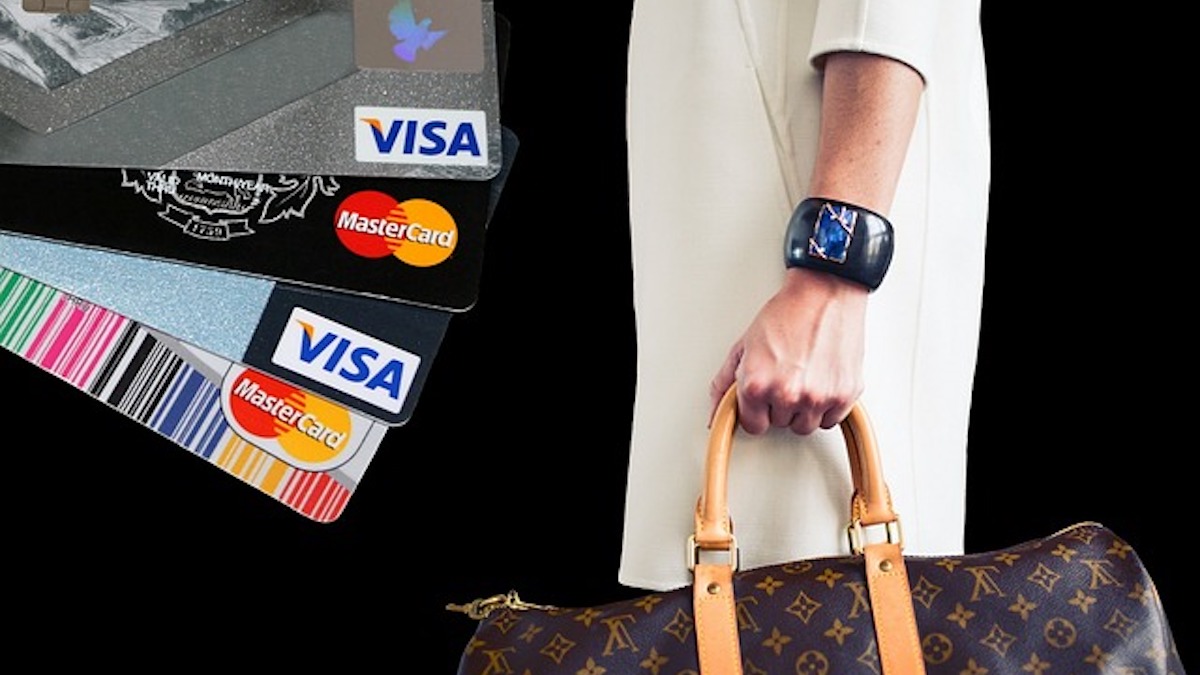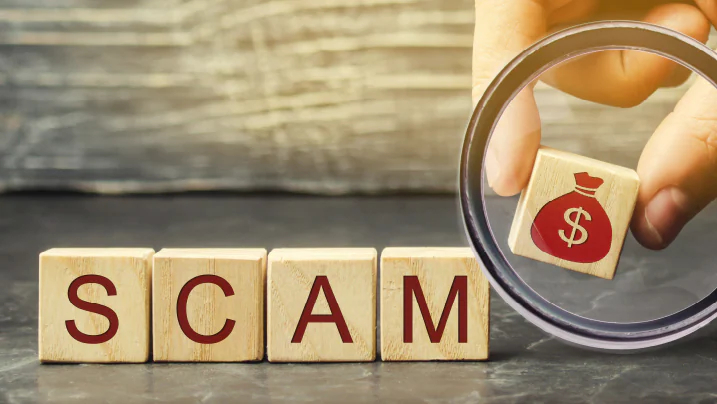How much can you spend with a Credit Card without attracting Income Tax scrutiny?

Tax Structure In India: Learn Indian Tax System & Taxation in India
November 30, 2022
Bought a New Car? Here’s How It Can Help You Reduce Your Income Tax
December 21, 2022Indian credit card users’ monthly spending has risen sharply in recent years. Compared to debit cards, credit cards are more popular among users since they come with built-in benefits, cashback, and the ability to pay the bill after a specific amount of time.
The value of all credit card transactions on online e-commerce websites was 3.7 times greater than the costs associated with using debit cards, according to RBI data for November 2022. The value of credit card payments was 1.2 times greater than debit card transactions for payments made at PoS as well.
While using credit cards for payments is OK as long as you can pay them back on time, users should be aware that using a credit card excessively may have tax repercussions, particularly in the case of high-value purchases. The income tax regulations for credit card payments are examined in this article.
Is there a special Income Tax regulation that applies to credit card costs?
According to tax specialists, there are no set guidelines for using credit cards for purchases. However, reporting high-value transactions to the Income Tax Department by banks is required.
Banks, businesses, registrars, and post offices are a few typical entities that must report all credit card transactions that take place within each fiscal year. Because of this, these organizations complete Form 61A, a Statement of Financial Transactions. Form 26AS is used by regular taxpayers to report high-value transactions, such as credit card transactions.
Financial institutions must submit Form 61A for each transaction above Rs 10 lakh. Credit card transactions have also been included by the Income Tax department to Form 26A for individuals, where high-value transactions must be recorded by people.
Cash payments for credit card balances over Rs 1 lakh may be subject to tax audits.
“According to Gaurav Chopra, the founder, and CEO of IndiaLends, the tax authorities openly enquire about cash bill payments over Rs 1 lakh to prevent tax fraud.
Do income taxes evaluate exorbitant credit card expenses?
Soni claims that purchasing high-value credit card purchases accidentally starts an Income Tax Department investigation. According to him, one of the following two circumstances can cause a credit card holder to receive a legal notification:
if the overall credit card debt that has been paid in cash is Rs. 1 lakh or more.
if an online credit card purchase is at least Rs. 10 lacks.
Part E of Form 26AS also has a section for high-value transactions involving Indian taxpayers.
Chopra goes on to add that if a monetary settlement exceeds Rs 1 lakh and is out of proportion to the user’s claimed taxable income, the Income Tax agency may ask for an explanation.
If bills are paid in cash, credit cards, like any other method of spending money, will come under tax inspection. Issuers of credit cards must record credit card bill payments over Rs 1 lakh. This doesn’t mean that a payment exceeding Rs 1 lakh will certainly draw attention, but the IT department will ask for an explanation if a person’s cash payments are out of proportion to their reported taxable income, according to Chopra.
How much may you spend on a credit card before the taxmen get upset?
According to Chopra, the problem is not using a credit card for purchases. The taxman doesn’t care as long as the spending and bill paying are done digitally and the person has made purchases consistent with their declared taxable income. Cash payments over Rs 1 lakh, however, might be noted.
Second, high-value transactions are also noted, and the taxman may investigate such transactions in particular circumstances where a single expenditure is an excessively expensive relative to the person’s income.
“Given that the Income Tax department may track credit card costs and will undoubtedly issue you a legal notice for excessive credit card bills of yours, it would be best to be prepared for severe fines if you fall into any of the aforementioned instances.
What ought cardholders do?
According to experts, it is usually preferable to refrain from making unnecessary purchases with a credit card since this could have additional negative financial effects on your credit profile. However, if you have the means to pay the account in full and on time, using a credit card is acceptable.
“You should refrain from overpaying on unneeded dining, clothing, and accessory purchases online. Similarly, you can prevent such a circumstance by simply using your credit card less frequently. Therefore, adhere to your monthly spending plan and stop making expensive credit card payments! Avoiding the uncomfortable position of any income tax scrutiny surely helps.




